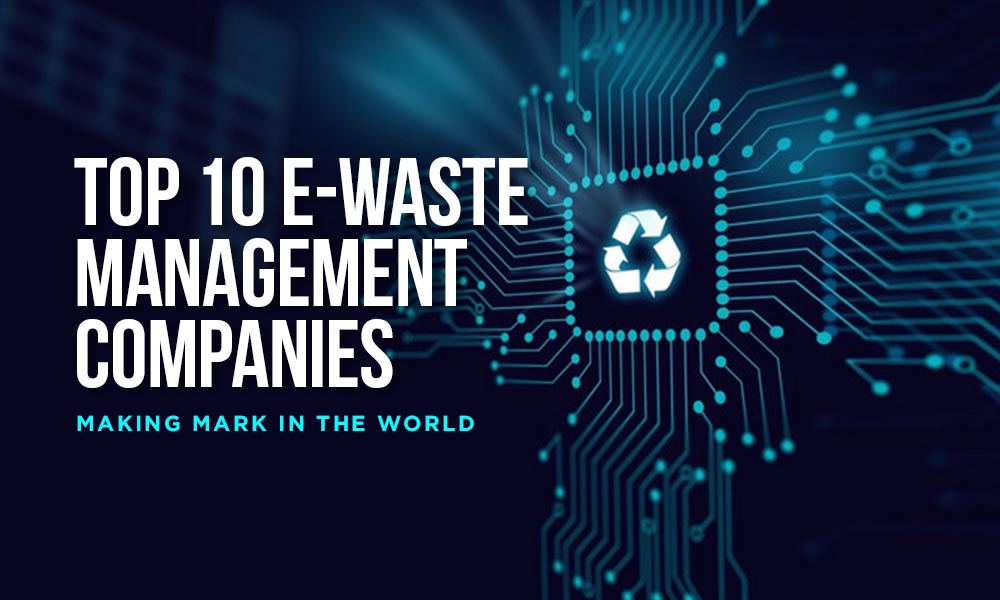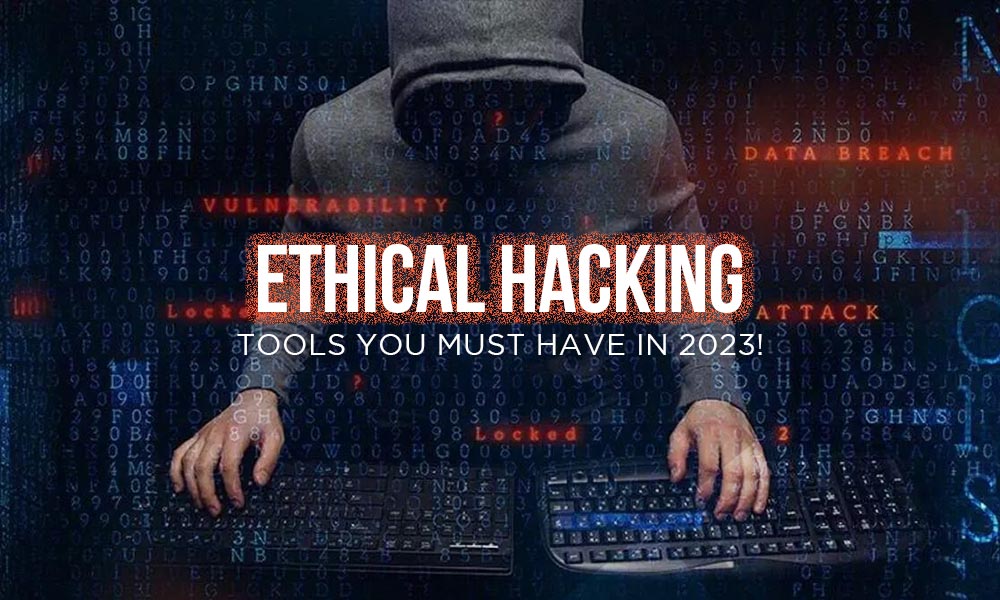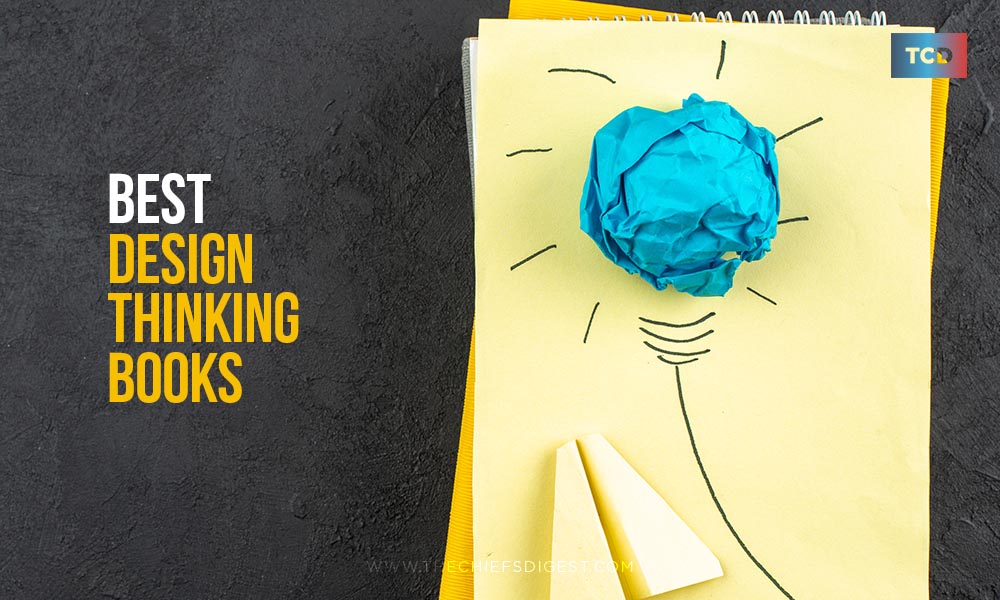Gadget businesses are continually releasing new items due to consumers’ growing preference for the newest technology. But this tendency is also causing a significant global e-waste generation. E-waste management firms and companies emerged as a response to this expanding issue when the amount of e-waste has reached hazardous levels. These businesses support people in appropriately handling and getting rid of their electronic waste.
Growth of e-waste over the years
The lifespan of electronic equipment is decreasing as a result of millennials’ intense thirst for new gadgets. People used to use their devices for extended amounts of time. The introduction of rules by various governing bodies to address the issue of hazardous amounts of e-waste has resulted in the emergence of leading e-waste management companies.
E-waste management firms are currently pushing for global e-waste recycling and reuse initiatives. Accordingly, the top producers of electronic devices are also stepping up to address the e-waste issue. They have therefore teamed up with the leading e-waste management firms to establish their plans for the appropriate recycling or disposal of e-waste.
Understanding the concept of e-waste
It’s critical to realise that electronic items have a finite lifespan and eventually become “e-waste,” or products that have outlived their usefulness. It is important to remember that some e-waste products can be dangerous, and reputable e-waste management businesses usually classify them based on how long they last.
The best e-waste management businesses choose particular recycling techniques based on the state of the product after doing a comprehensive inspection. Hazardous materials can pollute soil and groundwater when electronic debris, such as computers and cell phones, is disposed of improperly. Many e-waste management firms are working with government organisations to educate the public and increase awareness about the harmful impacts of e-waste on the environment in an effort to tackle this problem.
To safeguard the environment, electronic trash must be managed properly. Companies that manage e-waste must set up and keep an efficient strategy for dealing with e-waste. To maintain this system’s efficacy, regular updates are required. New regulations are being created on a global scale to address the problem of e-waste and encourage the appropriate disposal of electronic equipment.
Electronic waste, or e-waste, is a critical problem around the world. Governments in many countries are taking steps to address this issue by providing financial support to leading e-waste management companies. These companies are using the capital to implement various strategies to reduce e-waste, including volume reduction, recovery and reuse, inventory management, and modifications to the production process itself.
Thanks to these efforts, progress is being made towards more sustainable and responsible management of e-waste.
1. Tetronics
Based in the United Kingdom, Tetronics is a significant player in the e-waste management industry. Tetronics has been focusing on destroying hazardous materials and optimising resource recovery.
2. Electronic Recyclers International
One of the biggest e-waste treatment firms, Electronic Recyclers International, is dedicated to safeguarding businesses, individuals, and the environment. With the largest fully integrated IT and electronics system in the US, the company makes it easier to destroy cybersecurity-focused technology and dispose of assets.
3. AMP Robotics
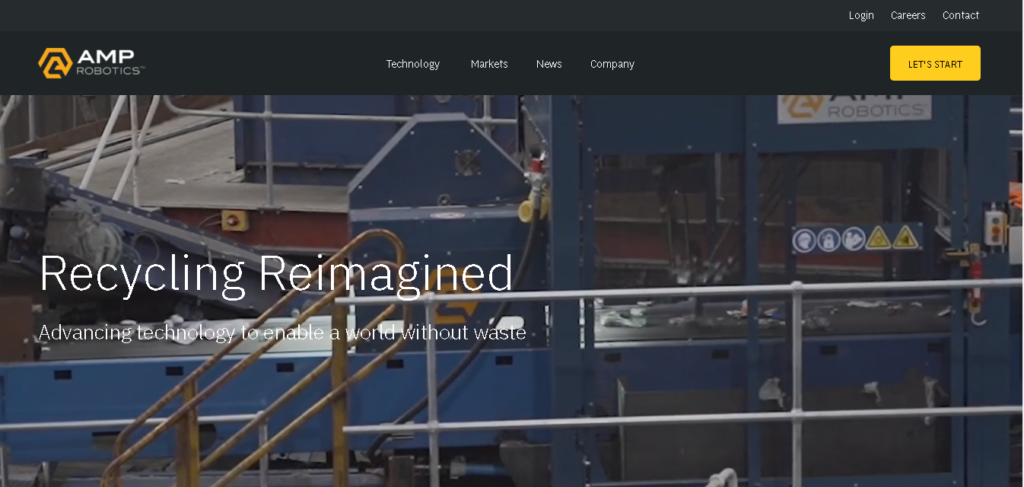
AMP has been using cutting-edge robotics and machine learning technologies to solve the problems facing the recycling sector since its founding in 2015. Recycling operations all around the world mainly rely on physical labour, which is a low-paying, tedious, and challenging task to sift the recyclables. As a result, high turnover is a daily problem for the recycling facilities. Many of these problems can be helped to be resolved by the AMP system.
4. Mainstream Engineering Corporation
Located in Rockledge, Florida, Mainstream is a small company that specialises in producing, developing, and offering solutions through manufacturing. The company started off with two R&D contracts from the US Air Force and has since grown to produce equipment and carry out research and development for several US government organisations and prime contractors.
5. Aurubis
Aurubis specialises in creating goods made of copper. The business is committed to growing to be the biggest recycler of copper in the world. It also intends to become more involved in the e-waste management industry in order to increase the scope of its recycling initiatives.
6. Umicore
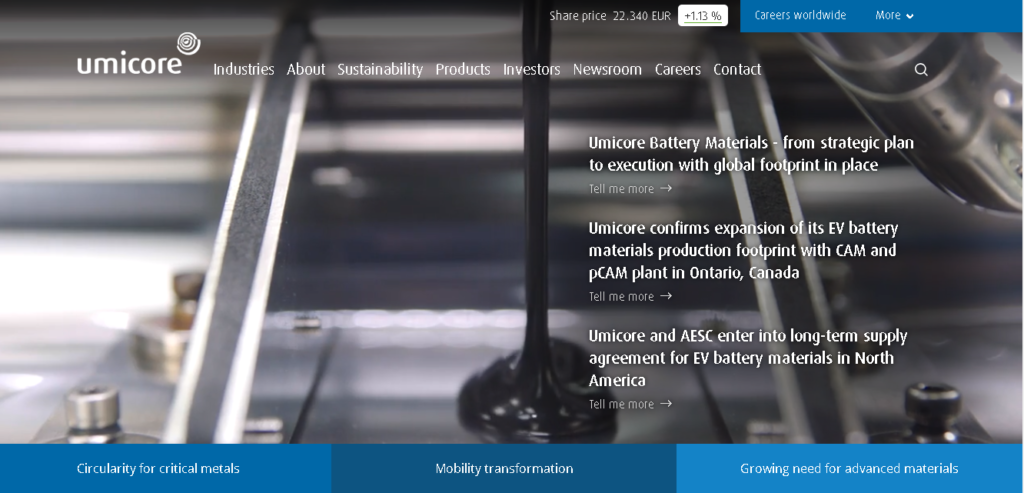
Umicore is a global materials technology business that is setting the standard for creative approaches to the problem of e-waste. Their services and goods are made to offer long-term options for recycling and clean transportation.
7. SIMS Metals
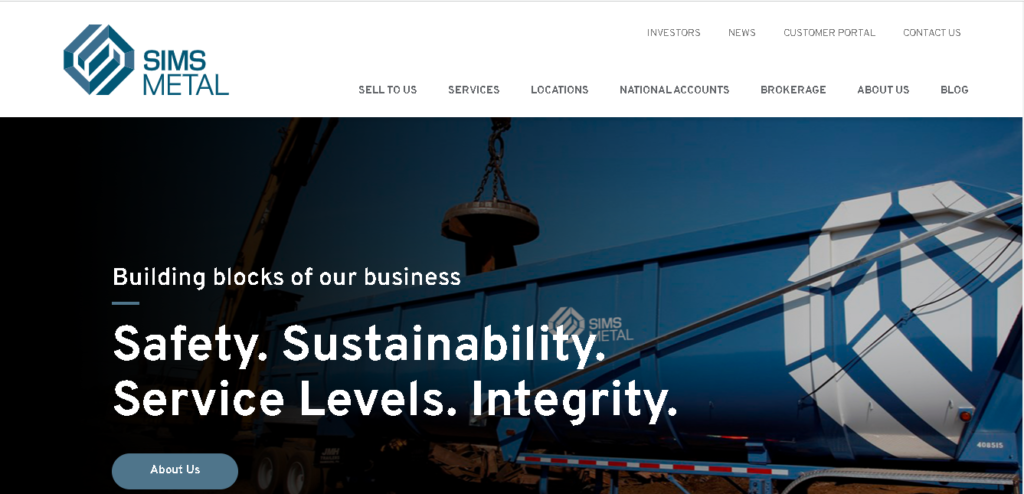
An Australian company called SIMS Metals specialises in recycling municipal waste, post-consumer electronic devices, and ferrous and non-ferrous metals. The corporation has become the face of this market because of its long-term strategy.
8. Stena Metall Group
Stena Metall Group is an e-waste management company specialises in the recycling and refinement of e-waste to create valuable raw materials, steel products, and marine fuels. The business is well known for emphasising research and development, and its committed R&D team works nonstop to create novel, long-lasting solutions for upcoming problems.
9. LCW Supercritical Technologies
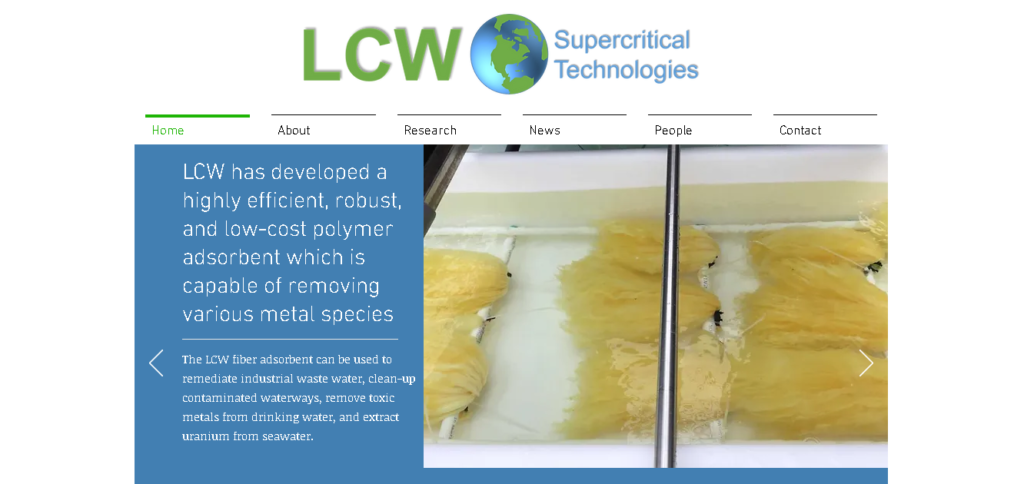
In 2014, LCW Supercritical Technologies was founded by Professor Chien M. Wai, who works at the University of Idaho’s Chemistry Department. The business is well-known for its proficiency in creating and designing cutting-edge green technologies, including supercritical fluid extraction methods for recycling precious materials and environmental remediation of hazardous metals.
One of the numerous uses for LCW extraction methods is the recycling of precious metals and rare earth elements from electronic waste—a process that is often referred to as “urban mining.” Additionally, LCW has created a polymer fibre adsorbent that is strong, reliable, and reasonably priced. This adsorbent can remove a variety of harmful metal species from water. Toxic metals can be eliminated from drinking water, contaminated streams can be cleaned up, and industrial waste water can be remedied using the LCW fibre adsorbent.
Conclusion
E-waste management is a big responsibility for the sustainability of the environment. Here is a list of ten e-waste management companies that are putting their best to create a difference and make the world more beautiful to live in. Removing toxic materials from the environment is a recommendable work.



